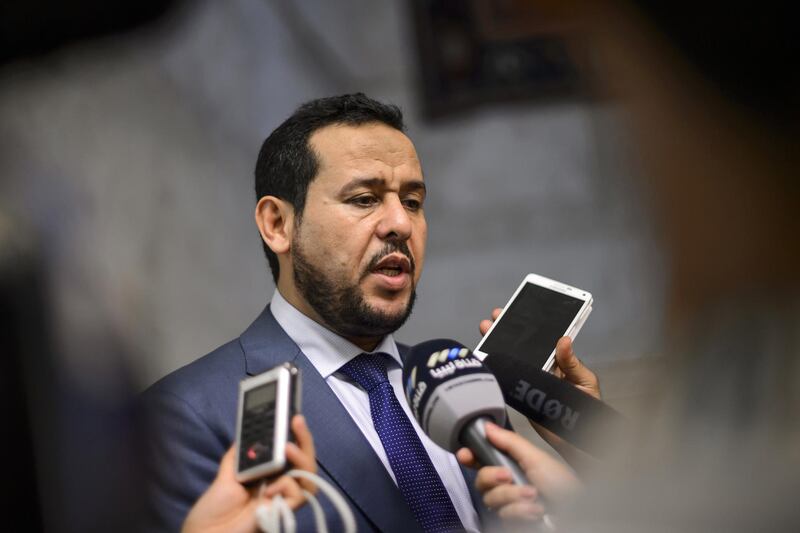Months after the British government apologised for its role in returning a Libyan militia leader to face torture in Tripoli, MPs warned on Monday that the current rules for spies were still insufficient to prevent a repeat of the scandal.
The group called for a comprehensive re-writing of official guidance after a damning official report in June criticised the “inexcusable” failure of British officials to prevent the abuse and torture of hundreds of people since the September 11 attacks on the United States.
It said that the current rules for spies were not fit for purpose and too vague to prevent UK officials being caught up in abuses carried out by allies. The group's intervention followed the report in June which revealed that the UK paid for so-called rendition flights to take detained suspects to other countries for questioning despite the risk of torture.
“With the current US President having voiced support for torture, and with Guantanamo Bay set to remain open indefinitely, this is an ever-present risk,” said the parliamentary group on extraordinary rendition. The group is headed by Kenneth Clarke, a former interior and finance minister for the ruling Conservative party in the 1990s.
______________
Read more:
[ Britain’s behaviour 'inexcusable' over detainee treatment ]
[ UK apologises for role in Libyan military leader's rendition ]
______________
The group was responding to a public consultation that is seeking ways to improve oversight of Britain’s intelligence agencies after the report highlighted more than 100 cases where intelligence officials were aware of mistreatment by other countries.
Although British officials were not involved in violence, agents were aware of torture by other countries and did nothing to stop it. “This is a shameful episode in the UK’s history and must not be repeated,” according to the MPs’ 21-page document.
The British government apologised earlier this year for the illegal rendition of a former Libyan rebel commander who was tortured by the regime of Colonel Muammar Qaddafi.
Abdul Hakim Belhaj was snatched in South East Asia in 2004 in a CIA-led operation based on intelligence supplied by the UK and sent to Libya where he was held in a Libyan jail for six years.
The group of MPs said that the current advice “astonishingly” failed to have a clear ban on rendition, despite the treatment of Mr Belhaj.






